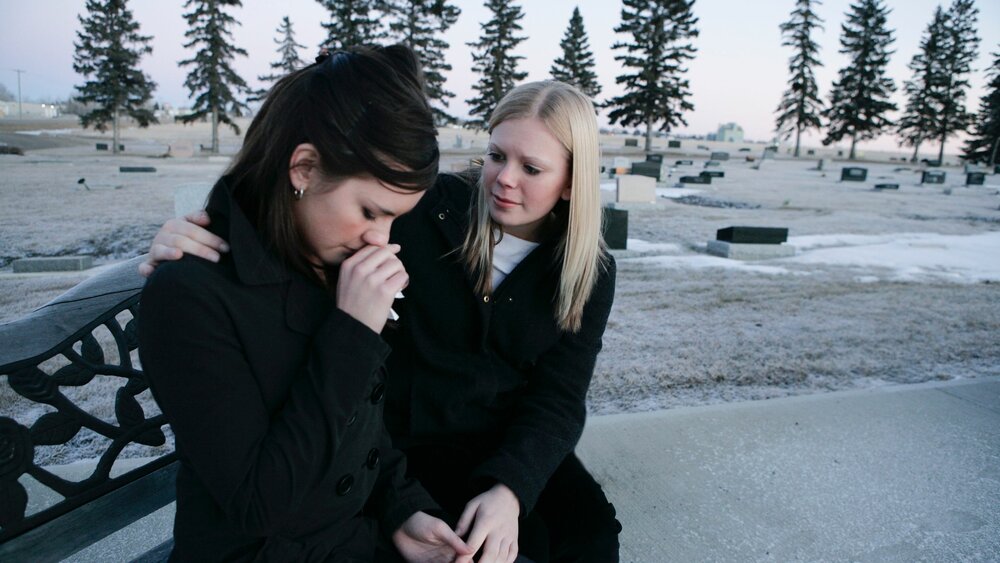How Does Compound Grief Affect Our Grieving Abilities?
Grief, a natural response to loss, is a deeply personal and often challenging emotional journey. When individuals experience multiple losses within a short timeframe, it can lead to compound grief, significantly impacting their grieving abilities. Many people ask- How does compound grief affect our grieving abilities?
How Does Compound Grief Affect Our Grieving Abilities?
At Willowbrook Cemetery, we know that clients want to know - How does compound grief affect our grieving abilities? So here we explore the effects of compound grief on the mourning process.
Understanding Compound Grief
Compound grief, also known as cumulative grief or concurrent grief, occurs when an individual faces multiple losses, such as the death of multiple loved ones, within a relatively brief period. This may include the loss of family members, friends, or even various losses within a single relationship, amplifying the emotional toll and complexity of the grieving process.
The Impact Of Compound Grief
Compound grief results in:
- Intensified Emotional Turmoil - Experiencing multiple losses simultaneously or in rapid succession can intensify emotional turmoil. Each loss brings its own set of emotions, and when compounded, these emotions can become overwhelming, leading to heightened feelings of sadness, despair, anger, and confusion.
- Prolonged Grieving Period - Compound grief can extend the duration of the grieving period. Processing one loss may be challenging, but facing several losses can elongate mourning. The complexities of navigating multiple layers of grief may make it difficult to find closure and resolution for each loss individually.
- Interference with Coping Mechanisms - Individuals dealing with compound grief might find their coping mechanisms strained. Strategies that were effective in dealing with one loss may not suffice when faced with multiple losses. This can lead to a sense of helplessness or feeling ill-equipped to manage the cascade of emotions.
- Complicated Bereavement Responses - Compound grief can complicate bereavement responses. Individuals may experience conflicting emotions or difficulty in expressing their grief, leading to a sense of disorientation or emotional numbness. This complexity may interfere with the natural progression of mourning.
- Impact on Mental Health - The cumulative effect of grief can take a toll on mental health. It may contribute to symptoms of depression, anxiety, sleep disturbances, or even exacerbate existing mental health conditions.
- Challenges in Seeking Support - Finding adequate support during compound grief can be challenging. Friends and family might struggle to understand the complexities of dealing with multiple losses, leading to a lack of appropriate empathy or support.
Seeking professional counseling or therapy, joining support groups tailored explicitly for multiple losses, practicing self-care, and engaging in activities that offer solace can aid in navigating the mourning process.
For more information on - How does compound grief affect our grieving abilities? please call Willowbrook Cemetery. We can help you select a calm final resting place for your cherished one at our cemetery. You can contact us via the form or number on this page.





Comments